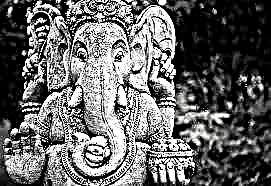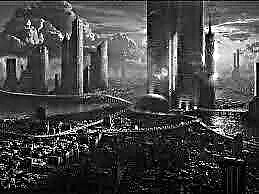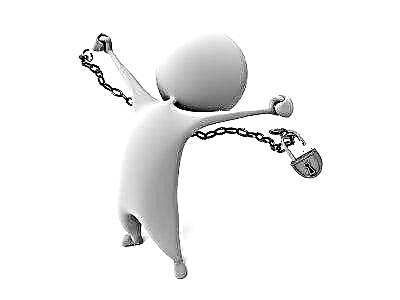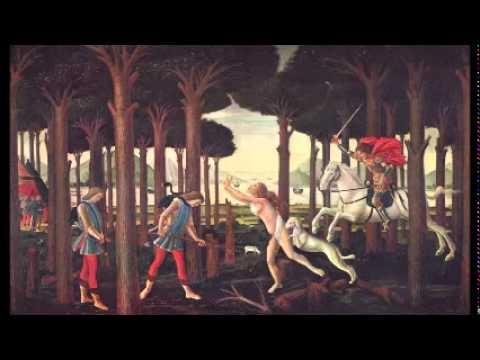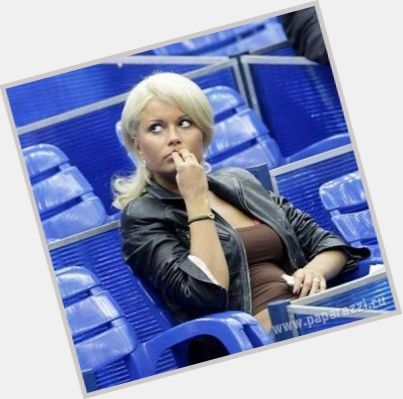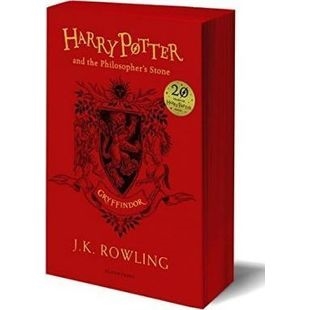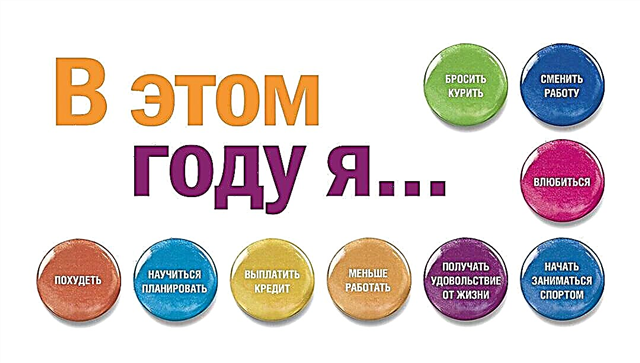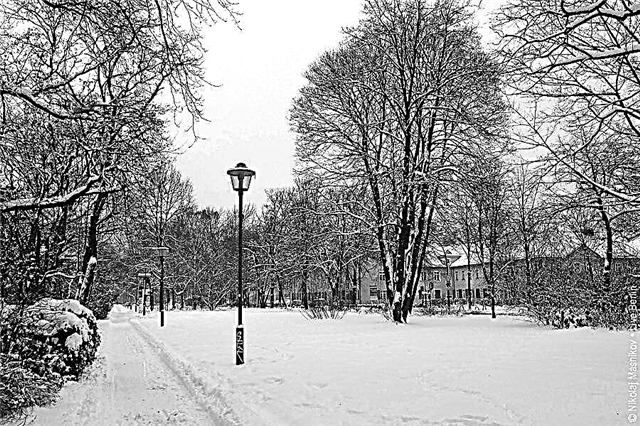Share
Pin
Tweet
Send
Share
Send
In the texts to prepare for the exam in the Russian language often encountered problems relating to education. We combined them in this work, selecting literary arguments for each problematic issue. All these examples from books can be downloaded in table format (link at the end of the article).
The role of childhood in the formation of personality
- The problem of childhood and its role in the formation of a person’s personality is clearly reflected in the novel I.A. Goncharova "Oblomov". Reading about the childhood of Ilya Ilyich Oblomov, we begin to understand why this hero behaves in this way in adulthood. In their native Oblomovka everyone just did what they ate and lay, everything in his native estate breathed serene laziness. Mother protected little Ilyusha, he grew like a tender flower. And so Ilya Oblomov grew up to be an idle, completely incapable of life person who could not even dress on his own.
- The significance of the childhood period in the formation of a person’s personality is shown in "Dead Souls" N.V. Gogol. The reader will gradually recognize Pavel Ivanovich Chichikov throughout the work. And a kind of completion of the disclosure of the image is the description of the hero’s childhood and youth. The father teaches the boy to save a penny, to please the bosses. Young Paul listens to his father and implements his orders. Chichikov, deprived of many benefits in childhood, strives by all means to catch up and get everything from life. It is in the childhood of the character that we find the roots of his adventurous nature.
The problem of fathers and children
- A novel example of the disclosure of the problem of intergenerational relations can be a novel I.S. Turgenev "Fathers and Sons". Arkady Kirsanov and Evgeny Bazarov constitute a camp of “children”, in contrast to them are the brothers Kirsanov (Nikolai and Pavel), representing a camp of “fathers”. Bazarov carries a new mood of youth, nihilism. And the old people, especially Pavel Petrovich Kirsanov, do not understand the ideas of denial. The main problem is that the characters do not want to understand each other. And this is the main conflict of generations: inability and unwillingness to accept and hear each other.
- The theme of intergenerational relationships in drama is tragically revealed. A.N. Ostrovsky "Thunderstorm". The boar has long subordinated everyone in her house to her will, she does not even realize that her children are suffering. Barbara’s daughter has long learned to lie and play the hypocrite; she has adapted herself to life in the house of Kabanikh. Tikhon wants to run away from the house where his mother rules everything. There is neither understanding nor respect between mother and children. They are in different warring camps, only the struggle of the "children" does not come to the surface. The Barbarian revolt in her double life: to her mother she says one thing, thinks and does the other. Tikhon decides after Katerina’s suicide to say her word, and until that moment he will seek to leave the strangling house. The conflict of “fathers” and “children” leads to suffering on both sides.
Family problem
- M.E. Saltykov-Shchedrin in his novel "Lord Golovlev" vividly showed how the specificity of upbringing within the family affects the future life of already matured children. Arina Petrovna Golovleva is a mother, she divides the children into hateful and favorite, gives them nicknames, which eventually supplant their names. Children live from hand to mouth, although the estate is quite rich. None of Arina Petrovna’s children grew up in such conditions as a decent person: Stepan, the eldest son, made a fortune and returned to Golovlyovo at the age of forty, daughter Anna fled with a hussar, who soon disappeared, leaving a girl with two children, Pavel drinks, Porfiry (Judas) grows up as a cruel, petty person. No one became happy, since there was no happiness and love since childhood.
- French writer Francois Moriak in the novel "Monkey" shows how violently relationships within the family can affect the life and worldview of the child. The heroine hates her husband, she transfers this feeling to a child because of her unfulfilled hopes. Little Guillau, whom her mother calls “Monkey,” grows up in an atmosphere of constant scandals, tantrums, and cruelties. He understands what is stopping his mother; he is not needed here. And the child commits suicide. The family of an aristocratic family de Serne did not care about the boy, he was a "bone of contention", the cause of conflict, and therefore the ending of the story is so tragic.
Right and wrong upbringing
- L.N. Tolstoy in his epic novel "War and Peace" draws several families. One of the exemplary can be considered the Rostov family. Rostov's mother brings up in children a sense of goodness and justice. They grow up decent people, ready for a feat, self-sacrifice. In the Kuragin family, completely different values were invested in the education of offspring, therefore both Helen and Anatole are immoral inhabitants of the upper world. So, Helene marries Pierre only for his money. Thus, what values they invest in raising children depends on what kind of people they grow up.
- In the novel "Captain's daughter" A.S. Pushkin the father bequeaths to his son Pyotr Grinev to preserve honor from a young age. These words become a guide for Peter. He checks his every step according to this main covenant of his father. That is why he gives a hare sheepskin coat to a stranger, does not kneel before Pugachev, remaining faithful to himself to the end, for which the rebel respects Grinev, leaving him alive. So, thanks to proper education, the hero was able to remain a highly moral and decent person during the terrible peasant revolt.
The problem of parental responsibility for the fate of children
- DI. Fonvizin in the comedy "Undergrowth" showed how parents themselves nurture stupid, ignorant, spoiled children in their estates. Mitrofanushka got used to the fact that everything in this life revolves around him: both the caftan is the best, and the teachers were chosen so as not to tire the child, and the bride you wish. Mistress Prostakova understands the mistake of her upbringing only at the end of the work, when her native Mitrofanushka tells her: “Yes, get rid, mother, how you were imposed ...”.
- A.S. Griboedov in the play “Woe from Wit” on the example of Molchalin shows how the covenants of parents are reflected in the character of a person. Father taught Molchalin everywhere to seek profit, and the son, having learned the advice of a parent, enters into life a pragmatic, cunning person. Silently, he tolerates Famusov’s neglect, plays in love with his daughter Sophia, and all this for the sake of one goal - career advancement. The author demonstrates that such people appear for a reason, their nature is formed in childhood under the strict guidance of parents.
Share
Pin
Tweet
Send
Share
Send

